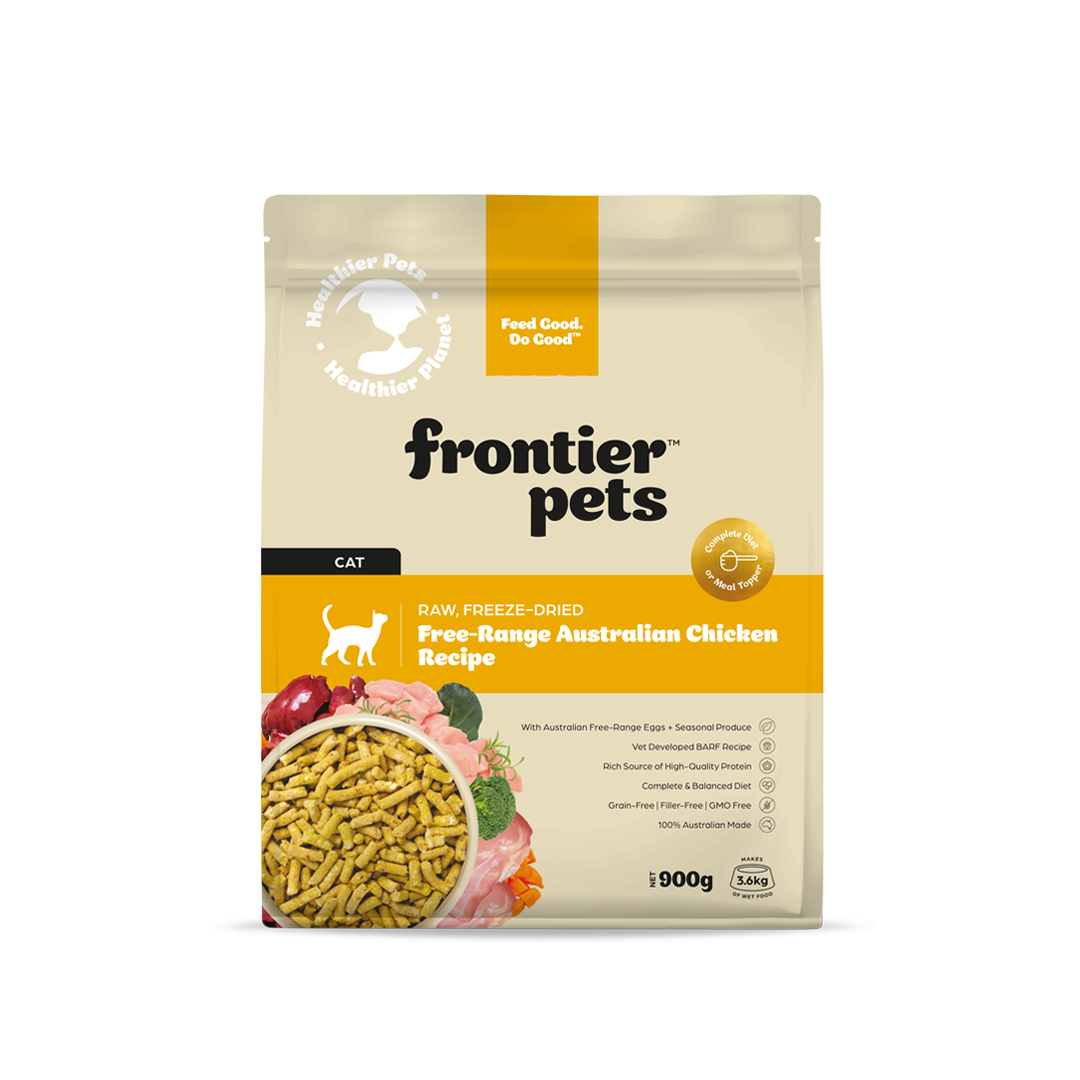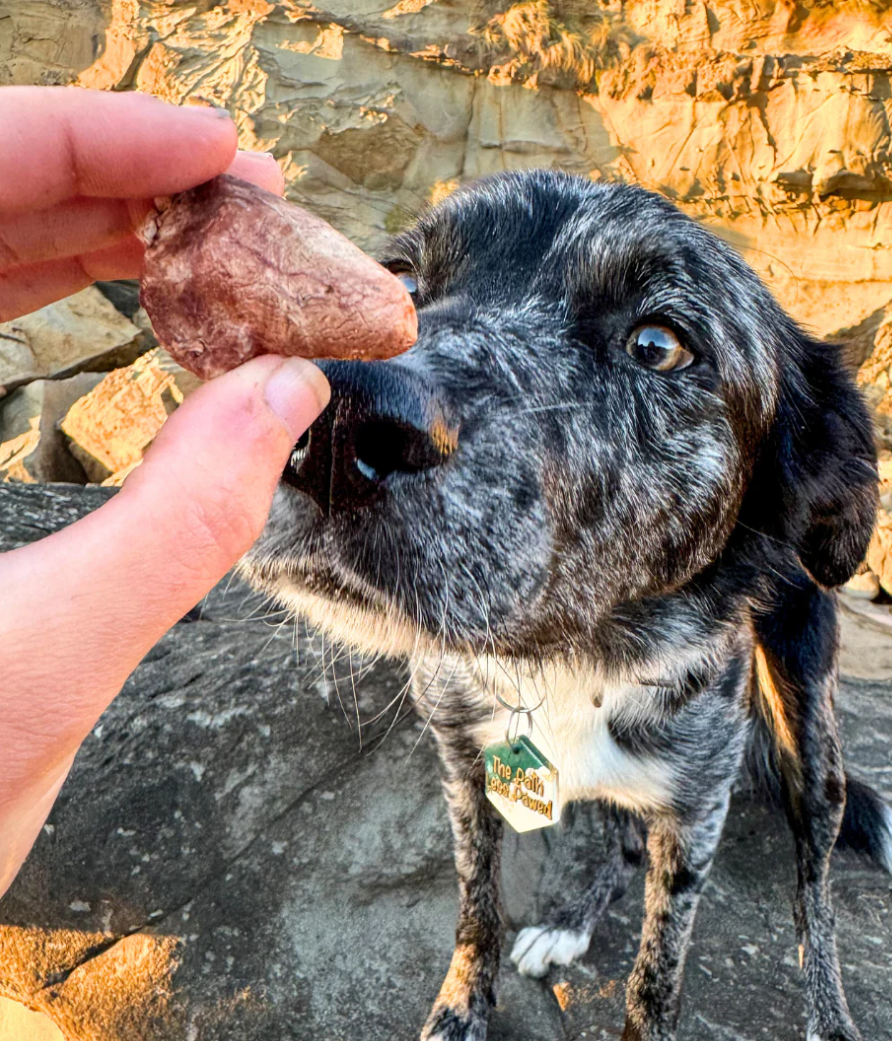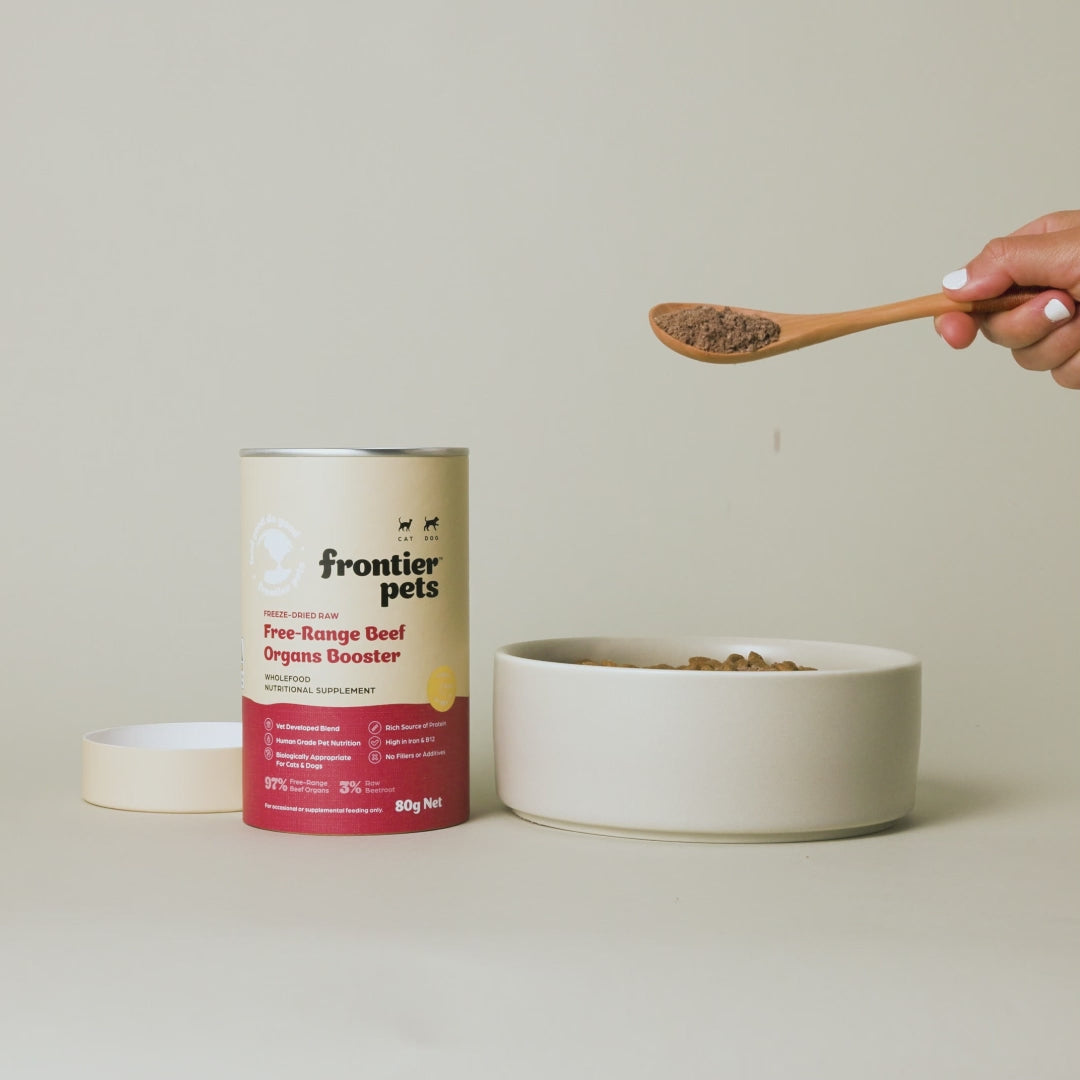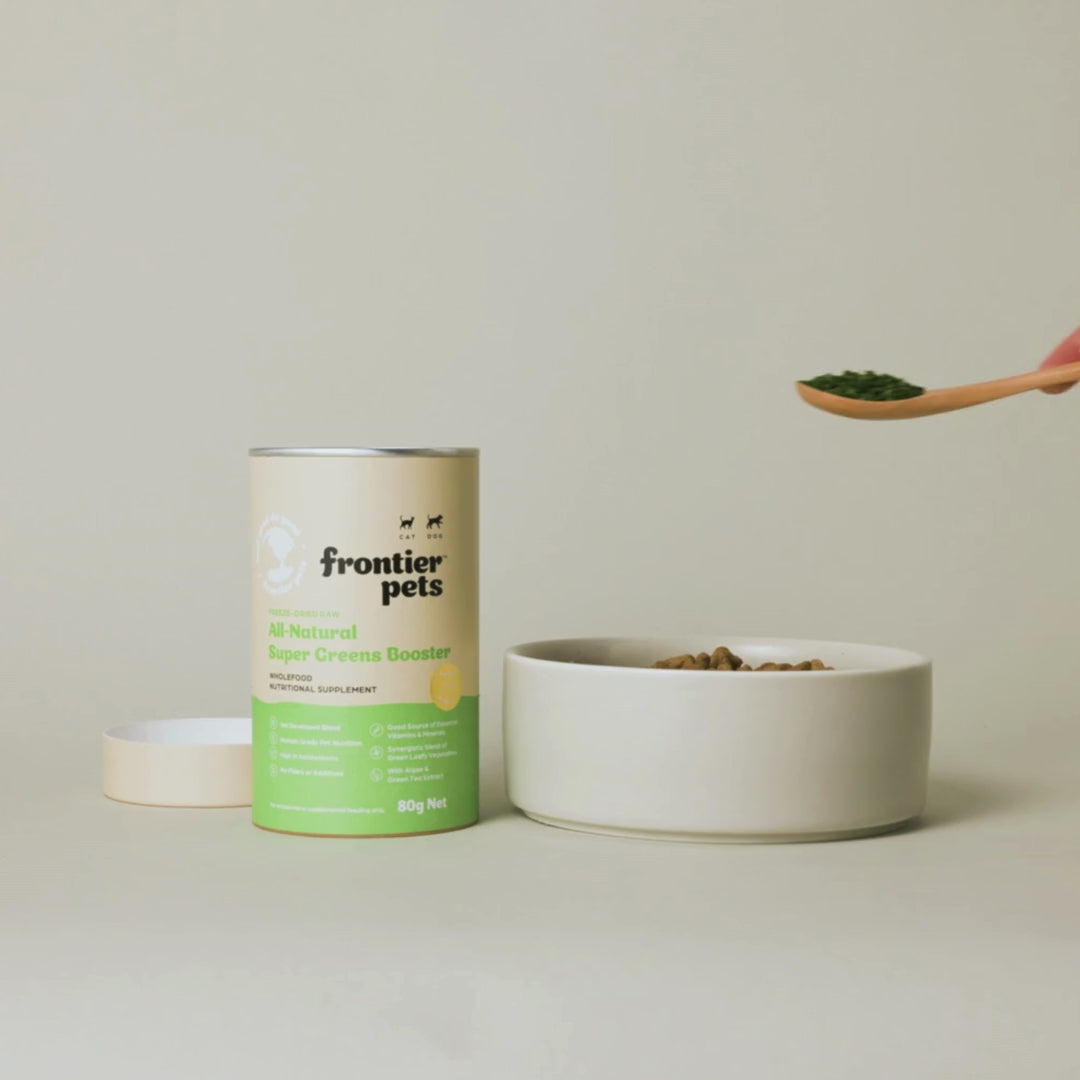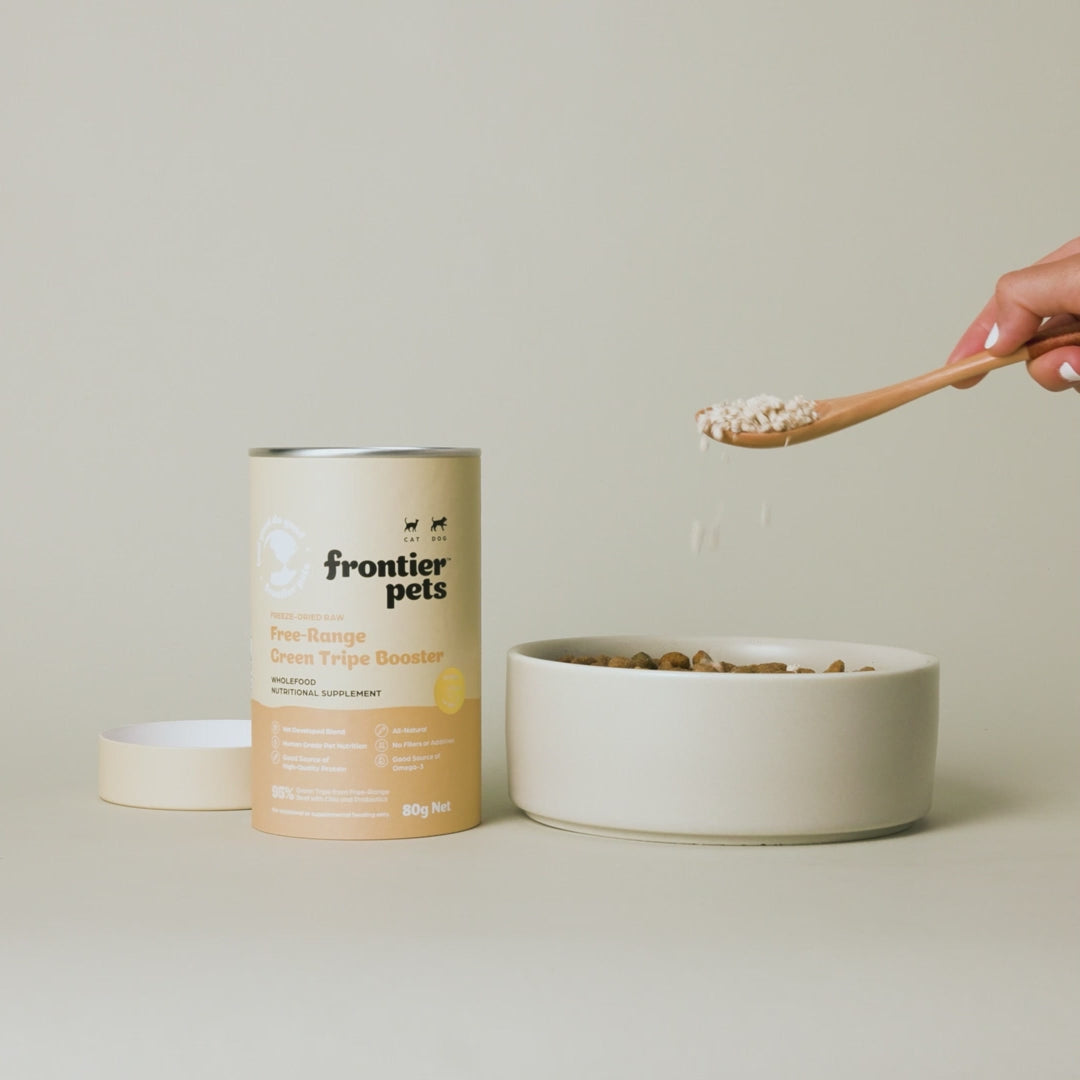Fussy cats and how to help | by Dr Katrina Warren

Cats are famously finicky when it comes to food- one day they love something, the next day they won’t touch it. While it can be frustrating (and a little worrying) for cat owners, there are many reasons your feline might be turning up their nose at dinner.
From health issues to personal preferences, here’s 12 reasons your cat might have a selective appetite and what you can do to help encourage healthy eating habits.
1. Health
Any sudden change in your cat’s eating habits should be taken seriously. A drop in appetite can be one of the first signs of an underlying medical condition, such as dental pain, gastrointestinal problems, infections, or even urinary tract issues.
If your cat stops eating for more than 24 hours, it’s essential to consult your veterinarian to rule out illness and ensure early treatment.
2. Stress
Cats are sensitive creatures and changes to their environment such as a house move, new baby, another pet, or even a change in feeding routine can cause stress and a loss of appetite. Try to keep their environment predictable and feeding schedule consistent.
3. Temperature Matters
Cats rely heavily on their sense of smell and many prefer food to be room temperature. Cold food straight from the fridge can be unappealing.
With Frontier Pets freeze-dried raw food, simply adding warm water helps release the natural aroma, making it more enticing and closer to what cats would experience in the wild. Warm, slightly moistened food can make all the difference.
4. Texture Preferences
Texture plays a big role in what cats find appealing. Some prefer softer, mushier meals over dry kibble. You can try adding warm water to soften their food, or even mixing in a Frontier Pets Booster as a healthy, flavourful topper to entice even the fussiest feline.
5. Multi-cat Dynamic
In multi-cat households, competition or anxiety around mealtimes can play a factor. If possible, feed each cat in a separate area to reduce stress and ensure everyone eats in peace. Cats should also have their own litter tray.
6. The Wrong Bowl
Cats have incredibly sensitive whiskers, and small or deep bowls can cause discomfort when eating. Opt for shallow, wide bowls or plates to avoid “whisker fatigue,” and make sure the base doesn’t slide around when they eat.

7. Location, Location
Just like us, cats prefer to eat in peace. Keep food bowls in quiet, low-traffic areas away from loud appliances, curious toddlers, or other pets. Avoid placing the bowl against a wall- cats like to see what’s around them and feel safe while eating.
8. Cleanliness Counts
Cats are fastidious. Dirty bowls with leftover crumbs or lingering smells can be unappealing. Wash bowls between every meal, and make sure you rinse thoroughly so there is no detergent residue.
9. They Might Be Eating Elsewhere
If your cat roams, they may be helping themselves to food at a neighbour’s house or catching their own. This is another reason to keep cats contained at home: you’ll know what they’re eating, and it’s much safer overall.
10. Food exclusivity
Some cats become addicted to human food or a single type of food, especially if given repeatedly. This can lead to refusal of anything else.
Instead, offer small, fresh meals a few times a day and remove uneaten food after 30 minutes. Avoid re-serving food that’s been sitting out as cats can be picky about freshness.
11. Overfeeding on Treats
If your cat is being given treats throughout the day they may simply not be hungry at mealtimes, or they may hold off eating regular food to get more treats. Treats should make up no more than 10% of your cat’s daily diet and the calories must be counted towards their daily intake.
12. Boredom with the Same Food
Cats can get bored with eating the same thing every day. Rotating between nutritionally complete options or offering a topper like a Frontier Pets Booster can provide variety without compromising health.
Final Tip:
If your cat has suddenly become a picky eater, always rule out health issues first. But once that’s done, a few small tweaks - including temperature, bowl type, feeding location, and a sprinkle of something new, can often get even the fussiest feline back on track.
Written by Dr Katrina Warren


